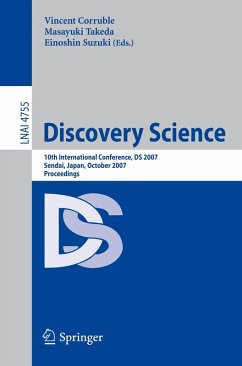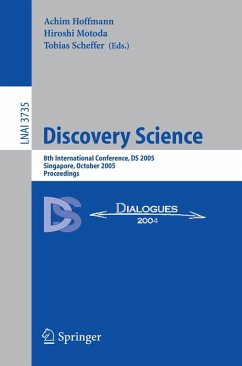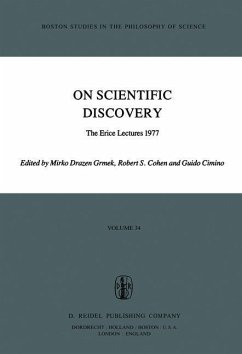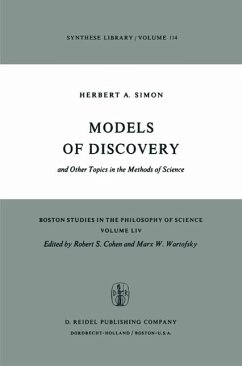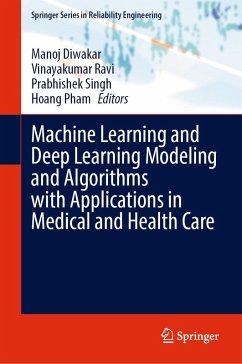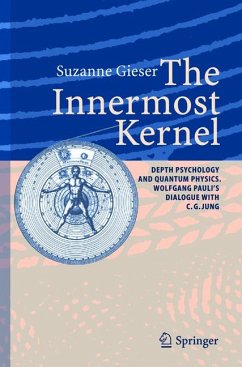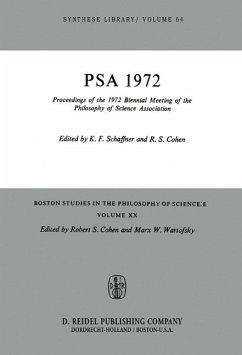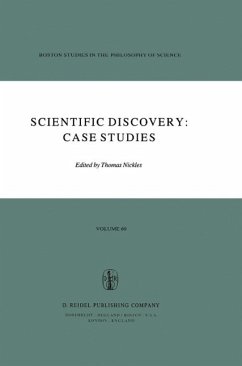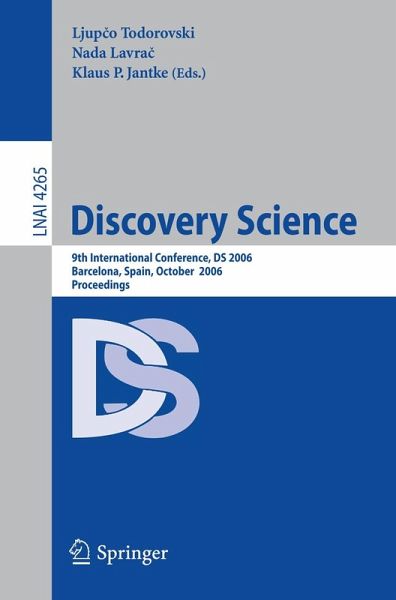
Discovery Science (eBook, PDF)
9th International Conference, DS 2006, Barcelona, Spain, October 7-10, 2006, Proceedings
Redaktion: Lavrac, Nada; Jantke, Klaus P.; Todorovski, Ljupco
Versandkostenfrei!
Sofort per Download lieferbar
40,95 €
inkl. MwSt.
Weitere Ausgaben:

PAYBACK Punkte
20 °P sammeln!
This book constitutes the refereed proceedings of the 9th International Conference on Discovery Science, DS 2006, held in Barcelona, Spain in October 2006, co-located with the 17th International Conference on Algorithmic Learning Theory, ALT 2006.
The 23 revised long papers and the 18 revised regular papers presented together with five invited papers were carefully reviewed and selected from 87 submissions.
The 23 revised long papers and the 18 revised regular papers presented together with five invited papers were carefully reviewed and selected from 87 submissions.
Dieser Download kann aus rechtlichen Gründen nur mit Rechnungsadresse in A, B, BG, CY, CZ, D, DK, EW, E, FIN, F, GR, HR, H, IRL, I, LT, L, LR, M, NL, PL, P, R, S, SLO, SK ausgeliefert werden.



